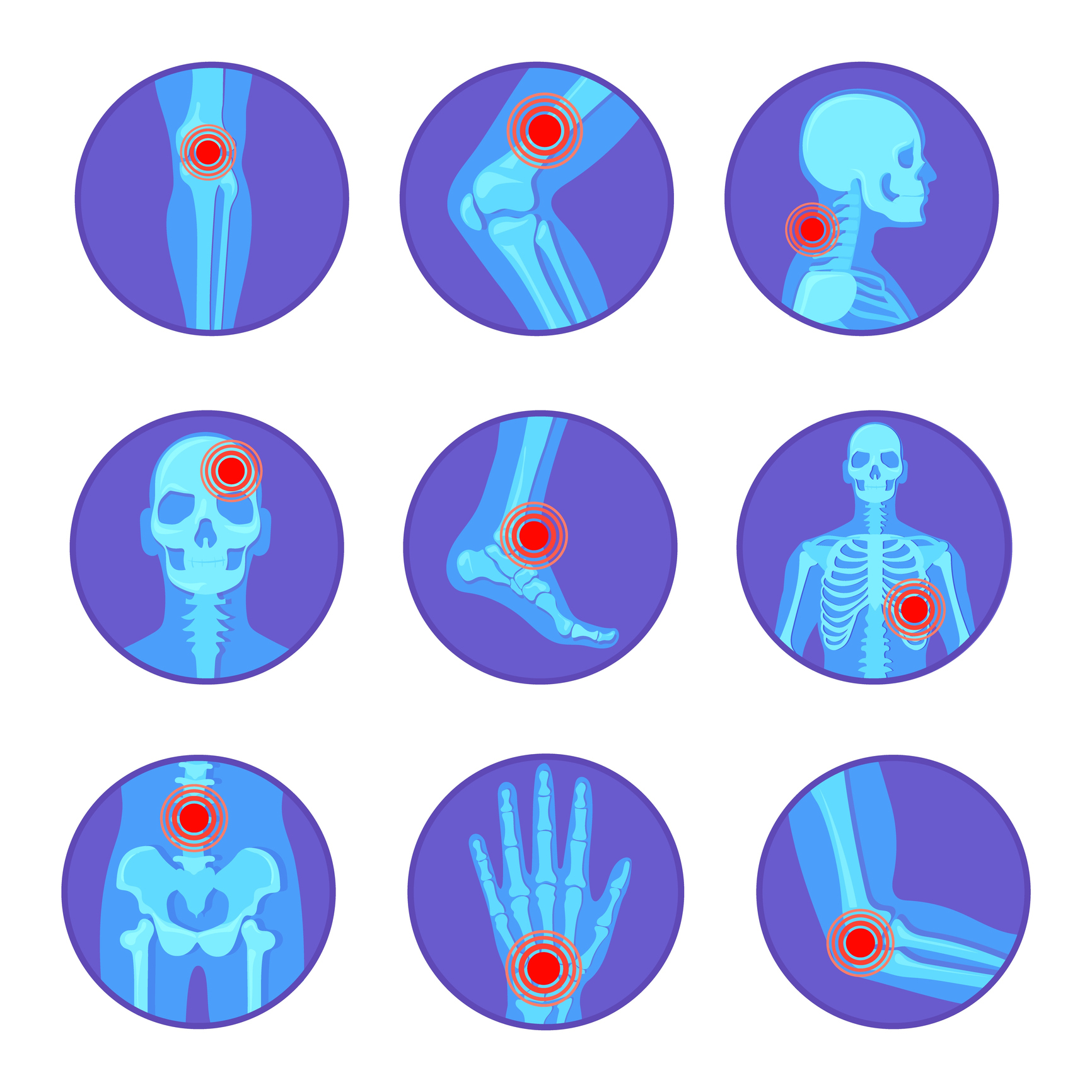When applied in rheumatoid arthritis (RA) cohorts, Disease Activity Score (DAS) composite models are reasonably accurate and robust indices of disease severity. When utilized for individual patients, they are less effective. This is because subjective components such as patient global well-being and sore joint count, which are influenced by factors other than RA biological disease activity, frequently confound interpretation of disease activity. Comorbidities, particularly distress, might aggravate these components. Fibromyalgia is prevalent comorbidity that is linked with anguish, pain amplification, and depression.
The Polysymptomatic Distress Scale (PSD) can identify its prevalence and severity. By manipulating existing data, such as the arithmetic differences or ratios of the tender joint count and swollen joint count, and comparing the modified disease activity score with 28 joints to the disease activity score with 28 joints-patient, the differential effects of distress and fibromyalgia syndrome on the DAS can be demonstrated (DAS28-derived indices that measure the contribution of the relatively objective or relatively subjective components, respectively). Multi Biomarker disease activity, which is possibly more objective, might also be utilized to assess the severity of biological RA disease activity.
These approaches might be used to uncover disproportionate values for subjective DAS model components, which could lead to a better understanding of the underlying process issues, such as depression, and treatment options.


